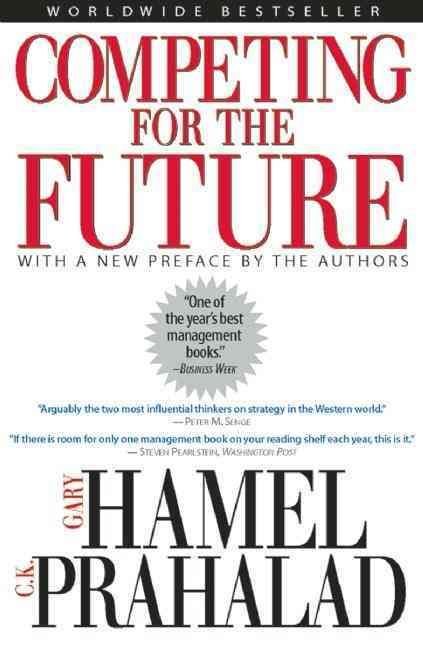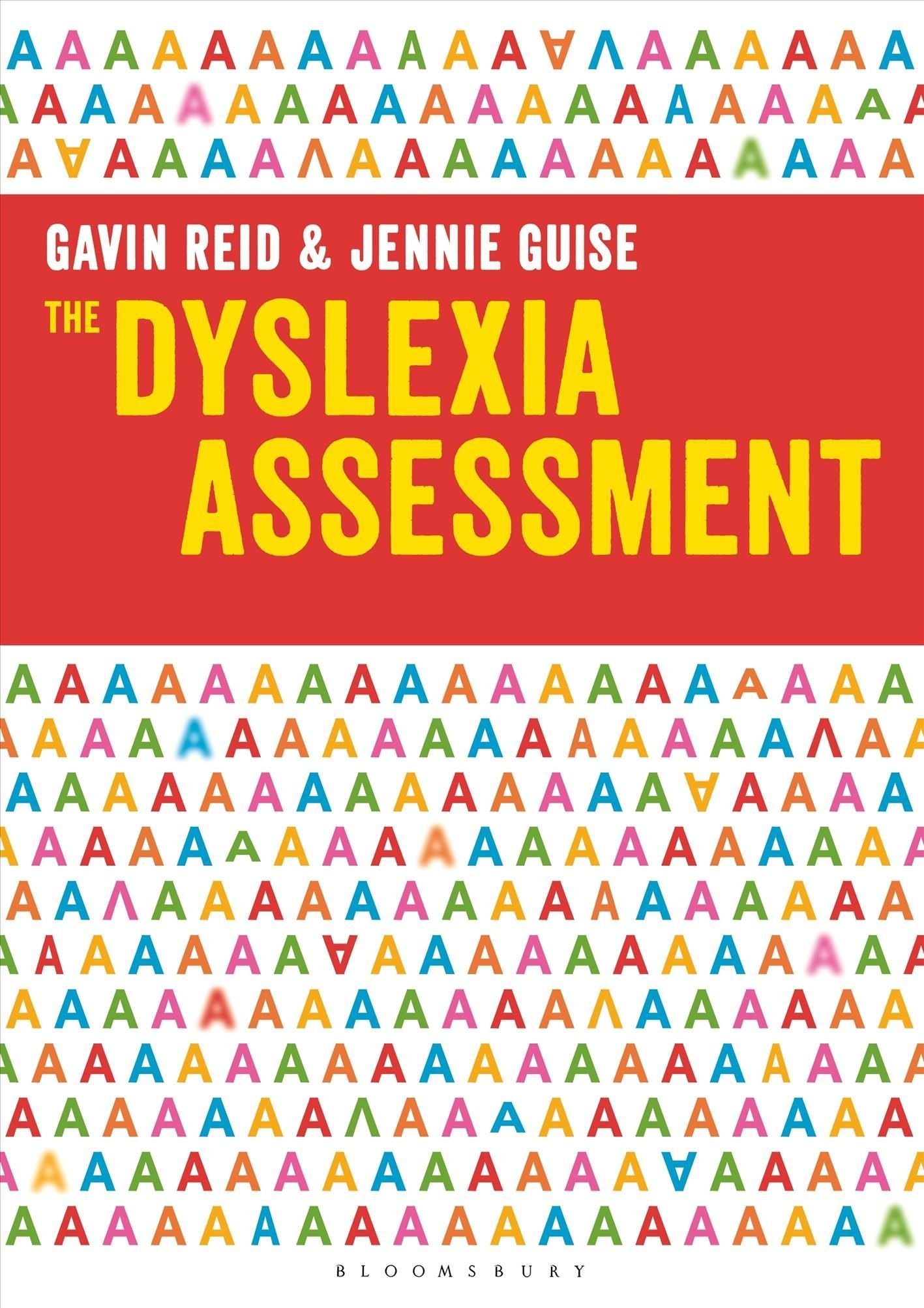Athletes participating at all levels of endurance performance can relate to the impact of psychological factors. Whether it be exercise-induced pain, self-belief, anxiety, sticking to a pacing strategy, or focusing on internal or external influences, there are a vast number of issues which can affect endurance. Bringing together experts in endurance performance from around the world, this is the first text to provide a detailed overview of the psychology of endurance performance with an emphasis on research or applied focus, including both main theoretical models as well as how interventions can support an athlete’s efficacy and well-being. The authors look at regulatory processes around pain, decision-making, emotions and meta-cognition, before a rangeof cognitive strategies, including using imagery, self-talk and mindfulness techniques, are examined. With a final section of the book outlining issues related to mental health that are relevant to endurance performance, the book shows that the future ofresearch and application of psychological theory in endurance performance in sport is bright and thriving. Aimed at students, researchers, coaches and athletes themselves, this is essential reading for anyone wishing to better understand how our minds experience endurance in performance arenas, and what techniques work better to make us more efficient–












